Microsoft teases Delegates, a tech assistant that helps you get your requests to the right manager
The new technology would allow Microsoft Teams to delegate managers, automatically.
3 min. read
Published on
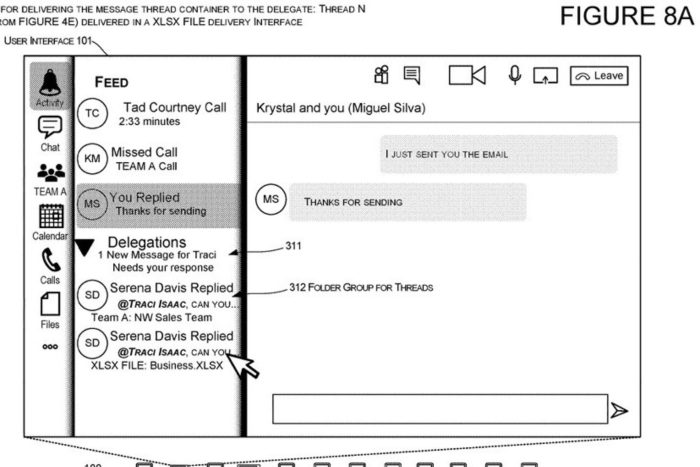
At the most recent Google I/O, Google came up with AI teammates, which are AI agents that work and use company data to answer any questions related to a variety of company topics, quickly and efficiently. The tech giant sees it as the perfect teammate, others see it as a possible replacement for a real manager, as the tool can easily act like one when the real manager is away.
Needless to say, the technology is similar to Copilot in Microsoft 365, but it’s more engaged in daily conversations, and it’s acting like an interactive workmate.
However, you would be surprised to know that Microsoft has already been thinking about a similar technology, that does the same thing, more or less, but it doesn’t forget about the human side. According to a recent patent, the Redmond-based tech giant is working on Delegates, a capability that will most likely be implemented in platforms like Microsoft Teams.
While the actual technology is not officially called Delegates, the patent describes it as a system that helps when someone is mentioned in a conversation (like a chat or email) but they’re not available. And here comes the interesting part: when the system sees that a person (let’s call them the main person) is mentioned in a message (like when someone uses @name) and knows that this person is out of the office or not available, it automatically finds another person to take their place, a delegate if you wish.
So, basically, this could be Microsoft’s take on Google AI Teammates. A Copilot 2.0 that uses company data to delegate sub-managers, and facilitate human interaction above all.
If someone needs an answer from a manager, but the manager is away, the system takes the message where the manager was mentioned and the conversation around it and sends it to the delegate.
It also changes the permissions so that the delegate’s computer can show and send messages in the conversation on behalf of the main person. When the delegate replies, the system makes sure this reply goes back to the main conversation.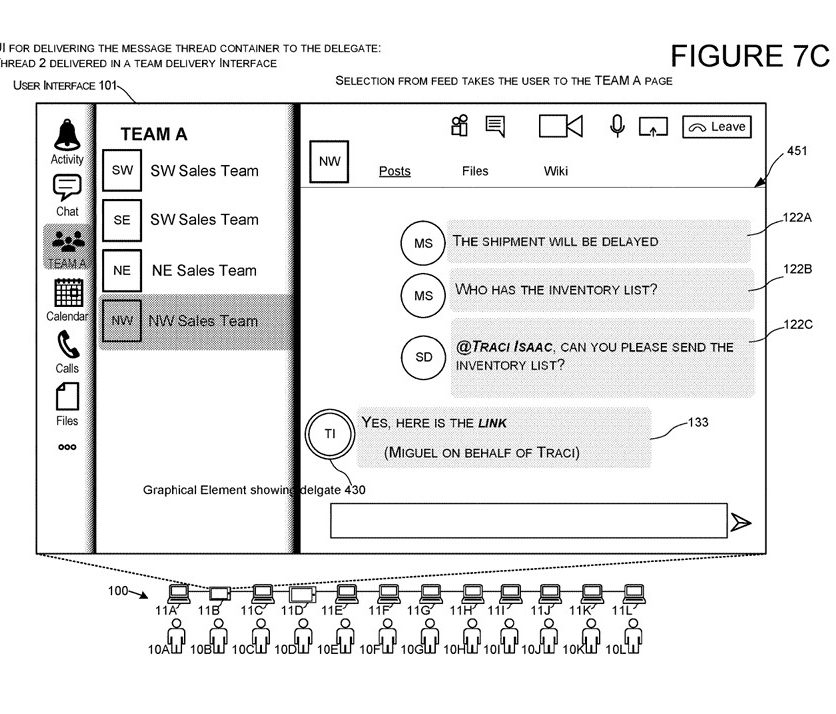
In case you’re wondering about sensitive data leakage, know that the system has in place some processes that stop it from accidentally causing such situations. It will automatically remove the managing privilege of the delegate, once the manager is back online.
The techniques disclosed herein grant each delegate with permissions to access threads and to reply to those threads when a thread participant is marked as unavailable, and the system can also remove the delegate appointments and the granted permission when the thread participant is marked as available.
The technology can work with virtually any kind of interface that allows threaded messaging, including Microsoft Teams, or any other communication platform. And the paper mentions Microsoft Teams as the main example of it.
Other examples of a delivery interface can include a Teams, Channels, document, or any other collection of data that can be displayed with messages of a message thread.
So, while Google is coming with AI-based managers that can provide you assistance with virtually anything, Microsoft sees it the other way: through technology, Teams delegates managers. At least until the real ones show up.
The full paper can be read here.

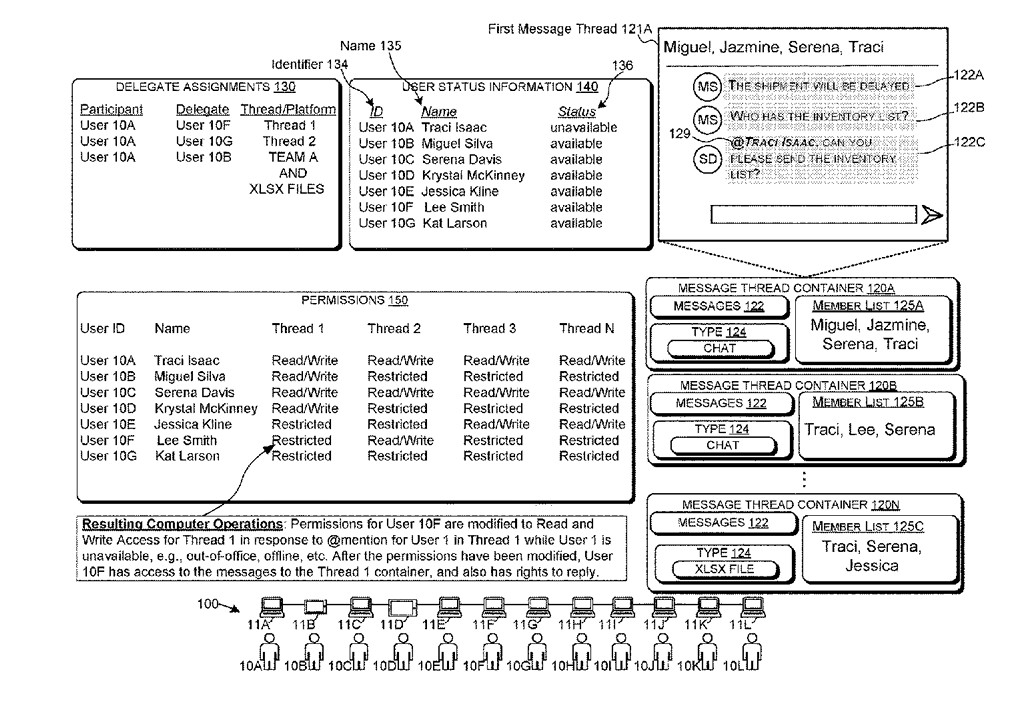
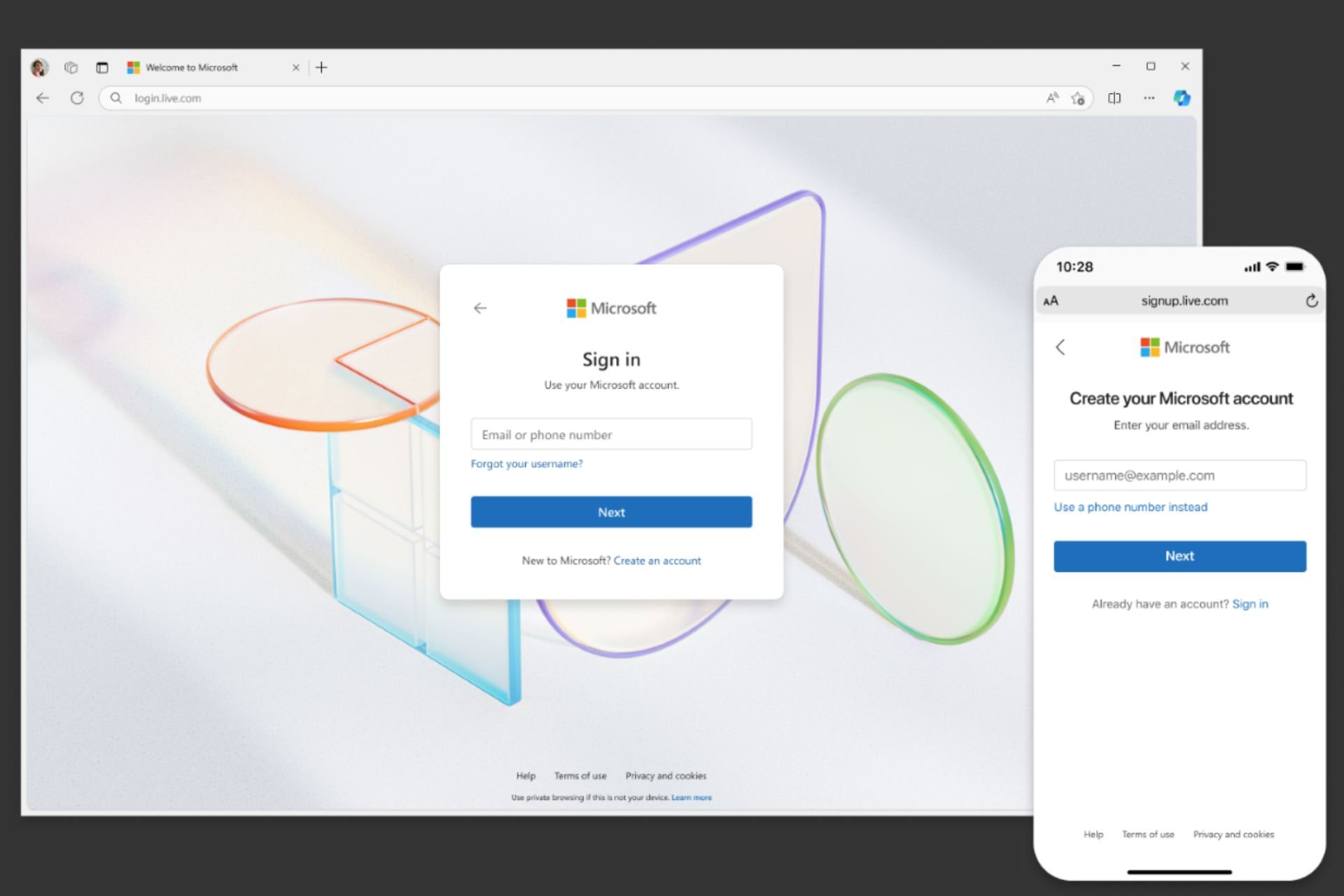
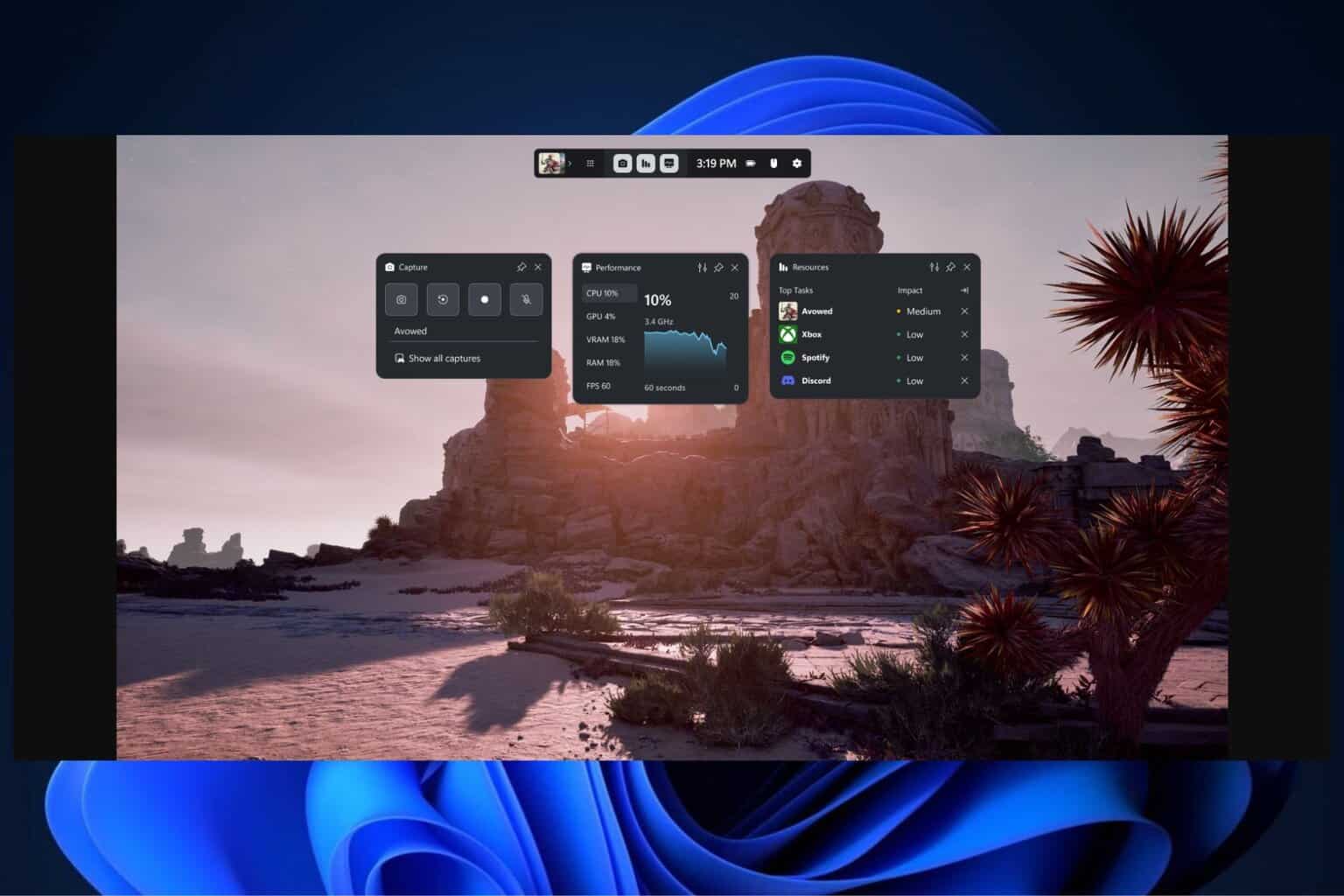
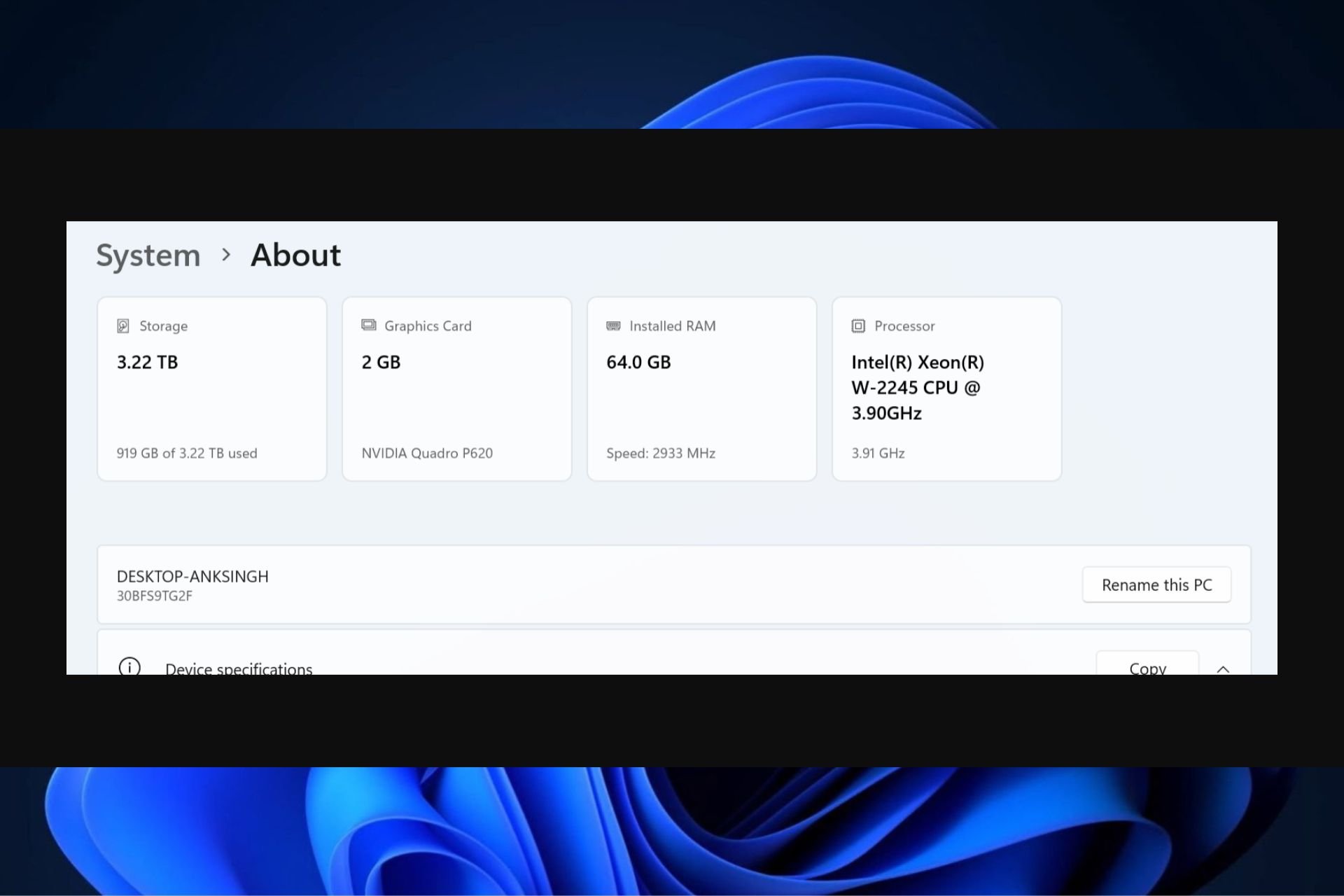
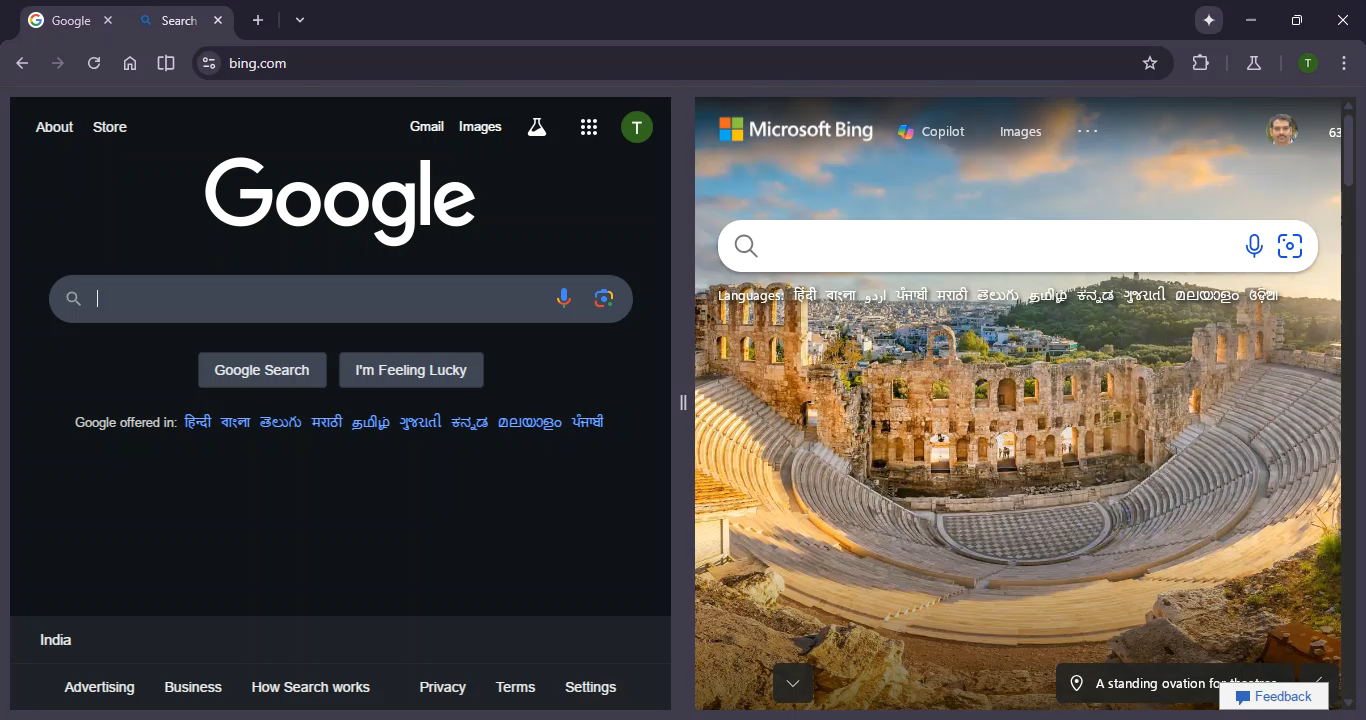
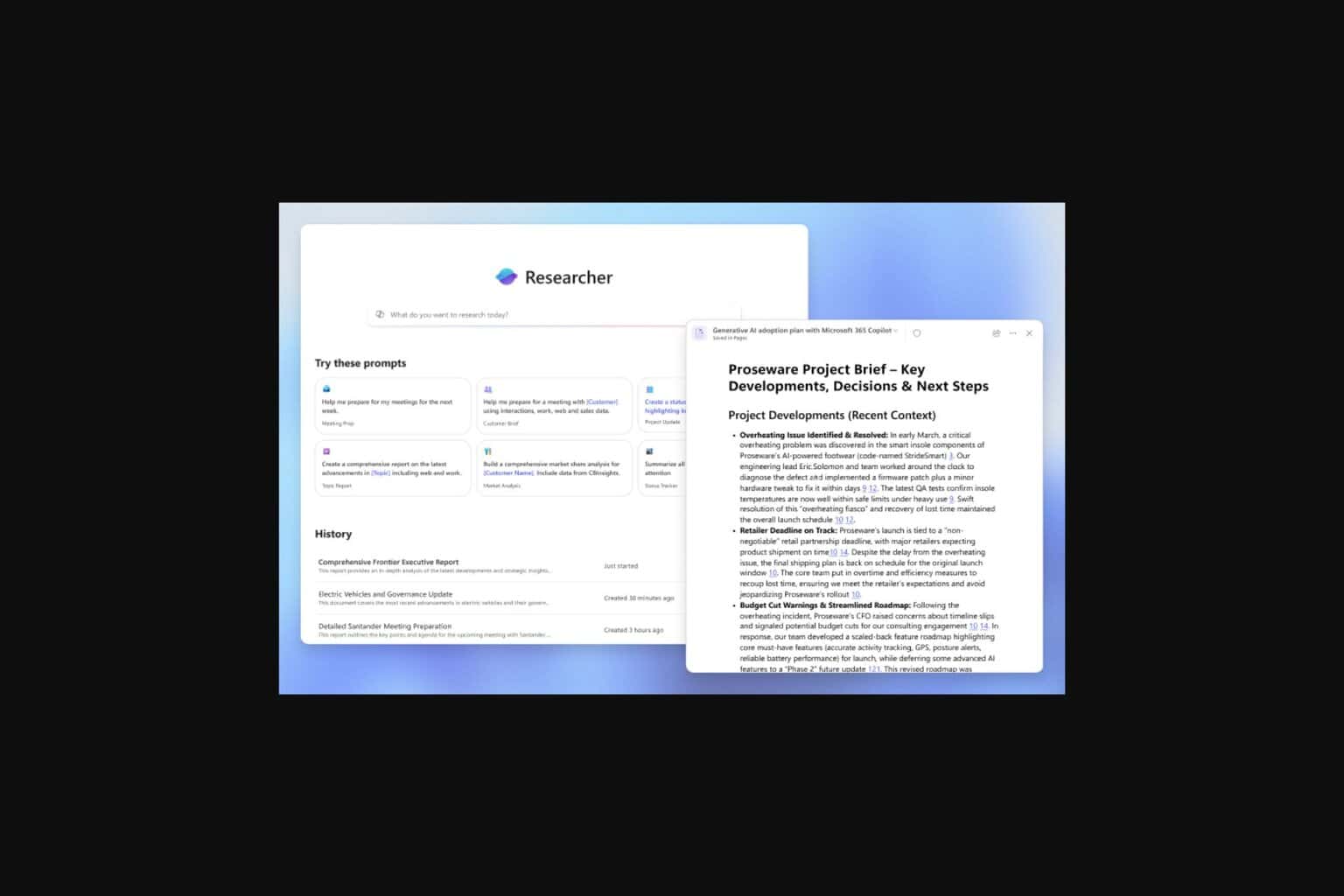
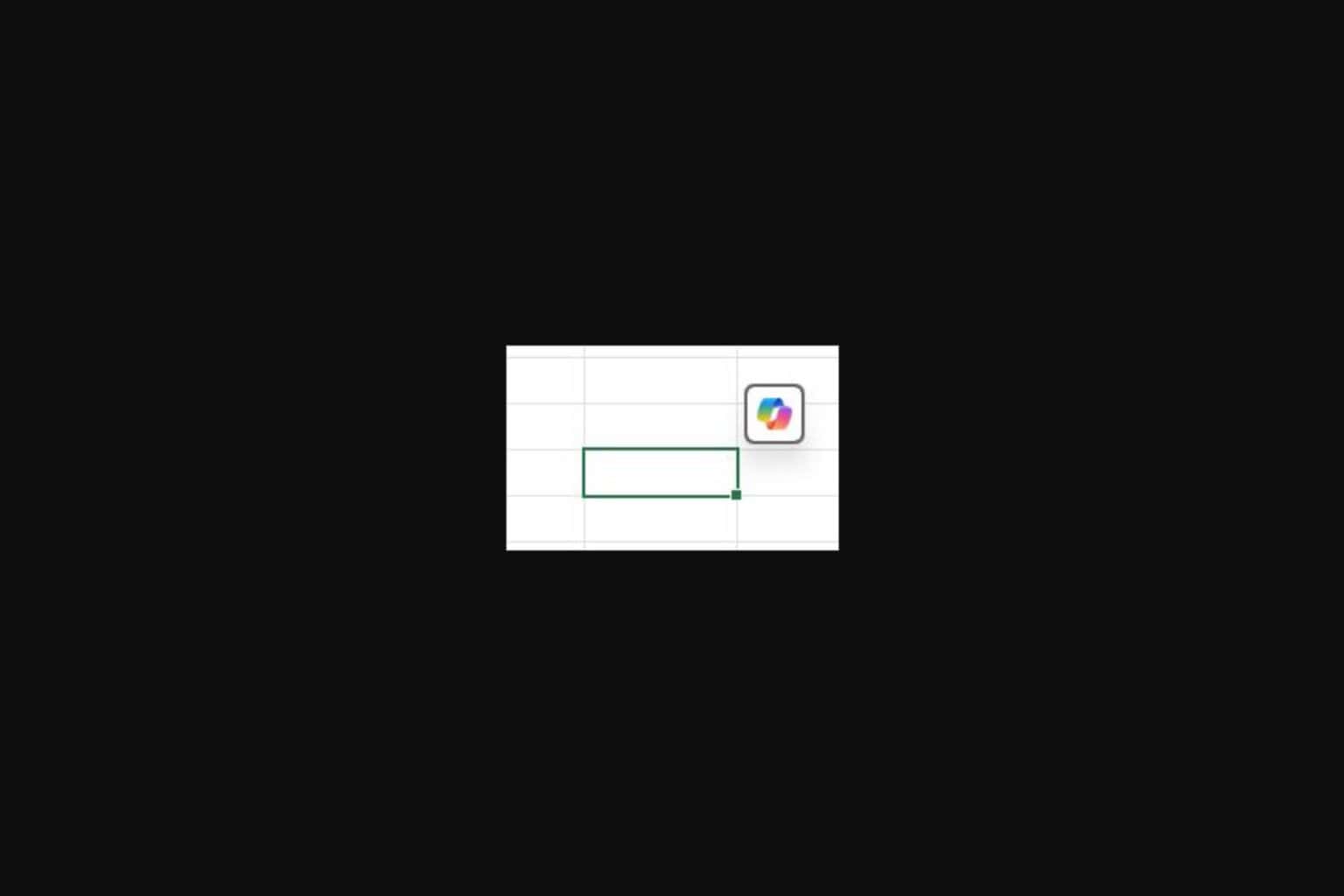
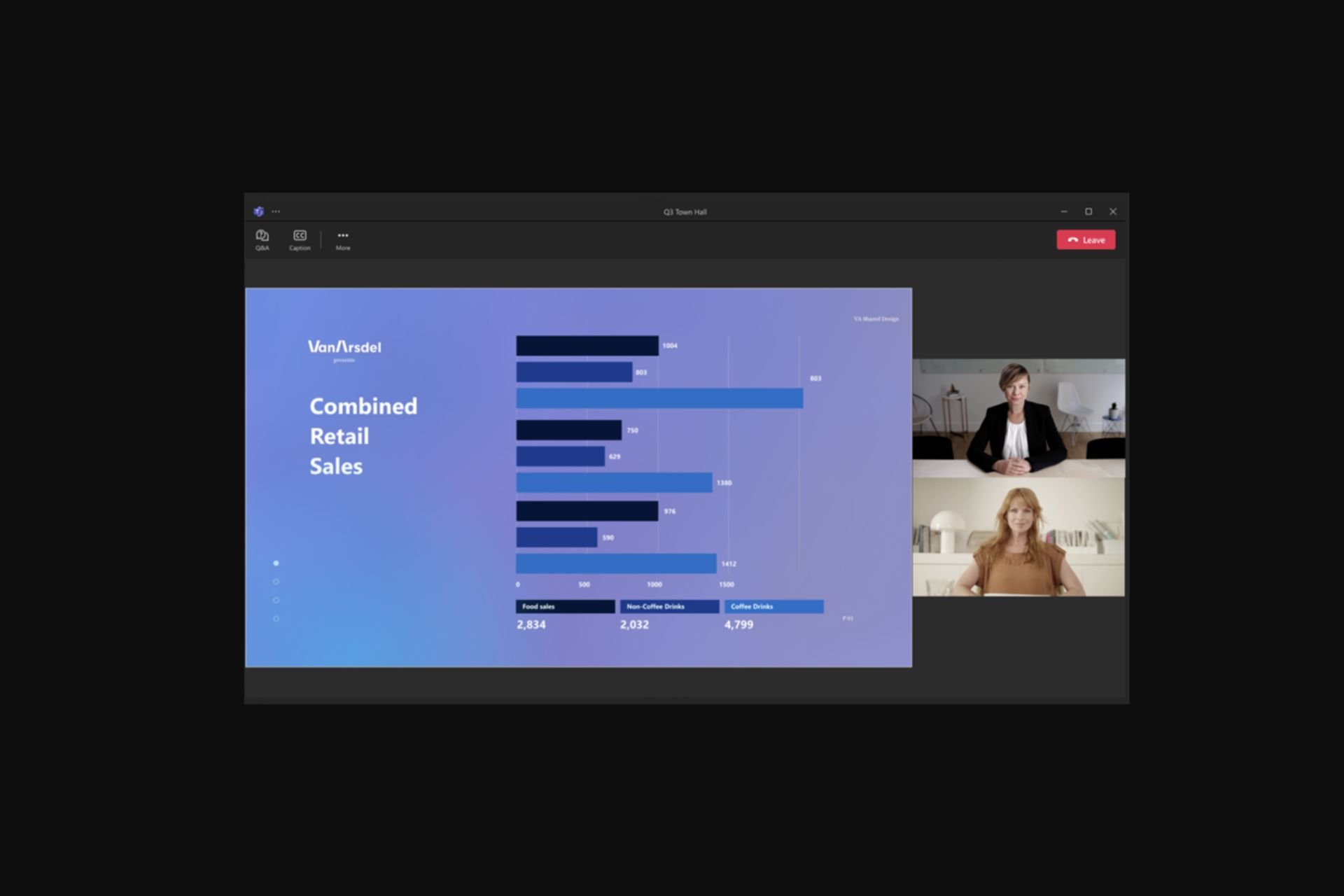
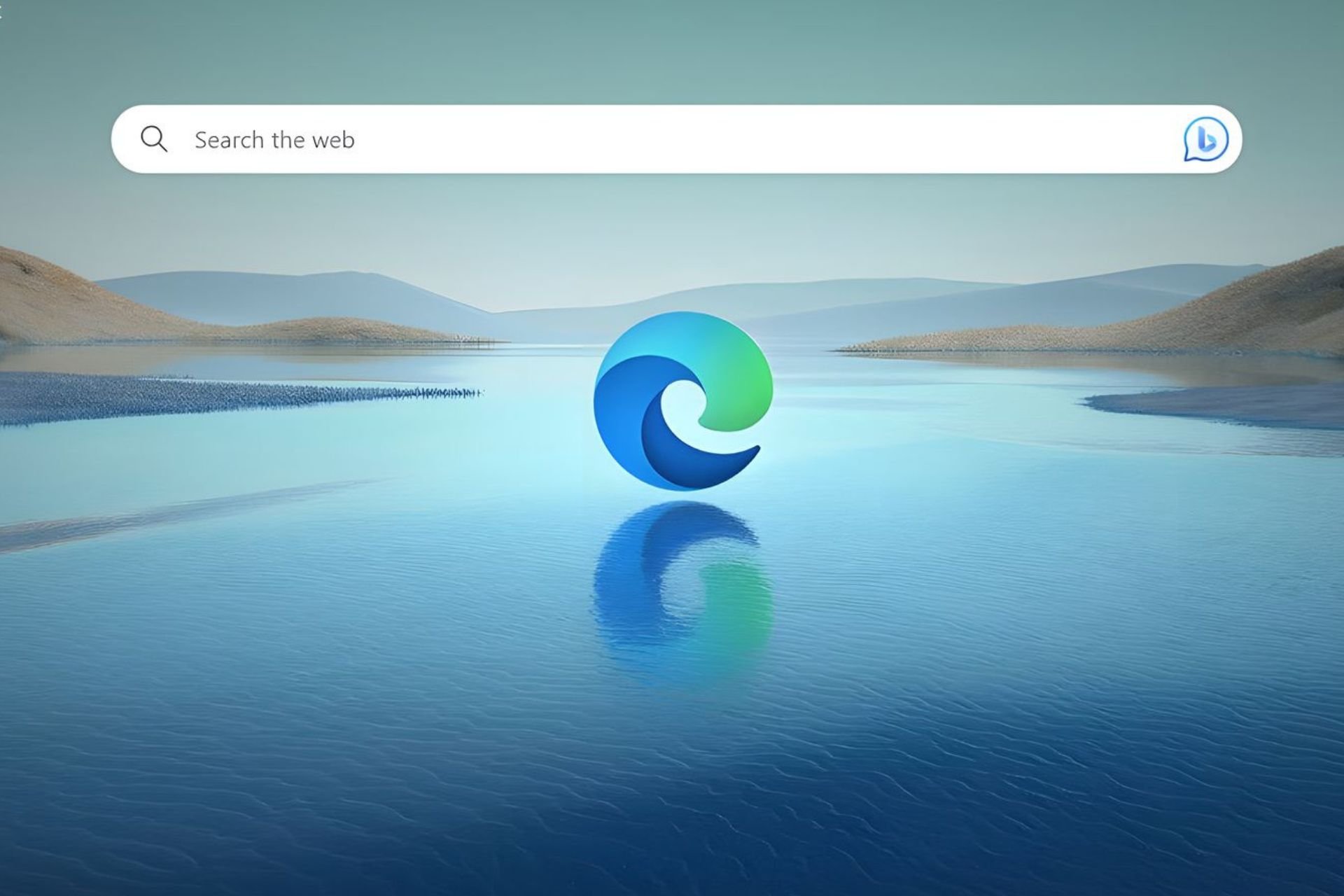
User forum
0 messages